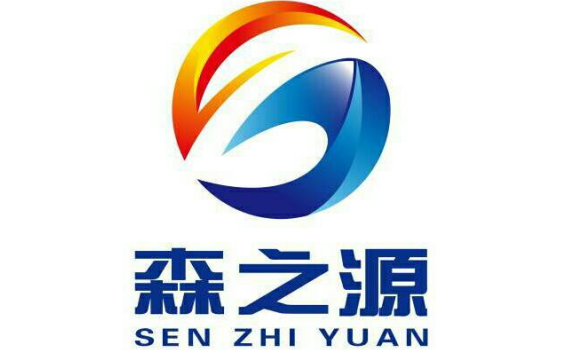August 22 news, according to Taiwan media reports, foundry UMC in the field of automotive layout to obtain significant results, and recently won the Texas Instruments, Infineon and other automotive chip makers new certification, eight key areas of automotive certification have been in hand, can eat the world's first-tier car manufacturers chip orders.
UMC's revenue in July was NT$24.827 billion, a record high for the tenth consecutive month, and its revenue in the first seven months was NT$160.304 billion, an annual growth of 37.75%. Due to the high gross margin of automotive chips, although the demand for consumer electronics has cooled, the supply of automotive chips is still tight, and the increase in UMC's automotive certification has helped resist fluctuations in the semiconductor industry's boom.

For the automotive layout report, UMC stressed that the company's operational planning, automotive chip is indeed as one of the focus areas and spine of the layout of special process. Taking its 28nm process as an example, in addition to the original Poly-SiON process, the High-k/Metal gate technology has also been produced in large quantities, and the automotive specifications have been quality verified and the corresponding IP required has been provided on the platform.
It is understood that UMC has obtained eight key certifications for automotive chips, covering power semiconductors, WiFi/Bluetooth and other wireless communication applications, millimeter wave radar sensor, Auto AP, microcontroller (MCU), CIS sensor, OLED/LCD driver IC, MEMS sensor, etc. Almost all the necessary certifications for automotive chips have been obtained. The certification for almost all automotive chips is now available.
The power semiconductors include 350/180/110nm BCD process, 350/180nm process for MOSFETs and IGBTs, and 65/40/28nm process for RFCMOS (Radio Frequency Complementary Metal Oxide Semiconductor). Millimeter wave radar sensors are available in 40/28nm as well as Logic/MS and Auto AP in 40/28nm.
Microcontroller applications include eNVM 110/55/40/28nm and CIS/ISP 90/65/40/55/40/28nm. Display chips include 180/80/55/40/28nm and MEMS sensors are available in 350/180nm.
The supply chain points out that UMC has obtained large orders from Infineon, NXP, Texas Instruments, Microchip Technology and other automotive chip makers, and these customers account for more than 30% of the global automotive chip market in total. As the reliability of automotive chips must be greater than 15 years, coupled with the Zero Defects requirement, UMC has received new certifications from a number of major manufacturers, highlighting its technical competitive advantage.
Foreign investors are strongly promoting the automotive market, and automotive electronics are expected to play a new wave of positive mainstream. Morgan Stanley's latest report, titled "Automotive Electronics Full Speed Ahead", is optimistic that the automotive electronics market will grow at an average annual compound rate of 12% by 2025, much higher than smartphones and PCs/notebooks at a level of only 3%.
Morgan Stanley pointed out that the global automotive electronics market was about US$150 billion in 2018 and is expected to explode to US$287 billion in 2025, mainly due to the continued increase in the penetration of electric vehicles, coupled with the increased use of advanced driver assistance systems (ADAS), it is expected that in 2025, up to 35% to 45% of the material cost of electric vehicles will be automotive electronics, which is 2.5 times that of traditional cars. This is 2.5 times the cost of conventional vehicles, and the overall demand for automotive electronics is expected to grow.










